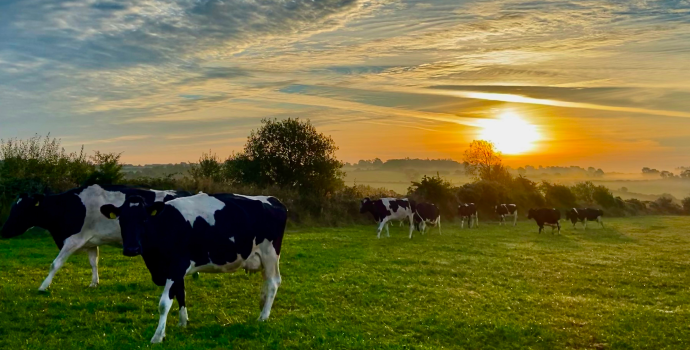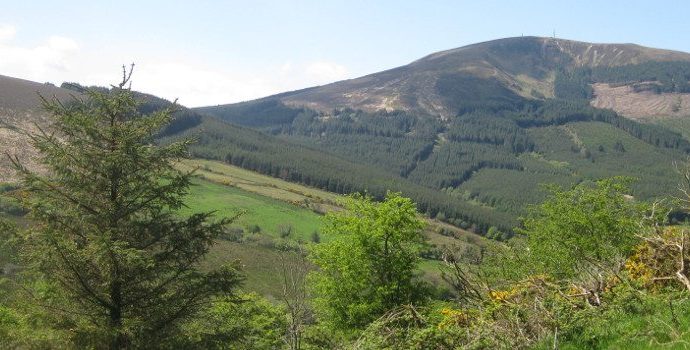Energy White Paper Provides Real Scope for Community Participation in Renewables – IFA

James Murphy IFA’s Renewables Project Team Chairman has described the Government’s White Paper on Ireland’s future energy plans as, “an important framework, which for the first time recognises the important role of communities in energy production.
He said “Renewables will assist Ireland to deliver EU energy and climate obligations, however this must not take place at the expense of communities. Inadequate consultation is no longer acceptable. Communities who are in the vicinity of projects must also be offered the right to become part owners in these projects. The days of developers imposing projects on rural communities must end.”
“I welcome the commitment in the White Paper that there will be opportunities for communities to work with Government to develop renewable energy projects. This commitment must now be followed up with decisive actions, including a tariff premium and grid exemption for community based projects. In addition, Government must come forward with a robust renewable heat incentive scheme, which if properly structured will benefit farmers, rural communities and the overall economy.”
On biomass production generally, James Murphy said, “The global move to create a biomass economy, means that the current policy is flawed. The position is no longer acceptable whereby tax payers are subsiding imported biomass to meet Ireland’s renewable targets, at a time when thousands of farmers across the country have the land and ability to supply this material. Government must ensure future biomass supports are exclusively for indigenously produced biomass.”
However, he has expressed disappointment at the failure of the White Paper to address the issue of set-back distances of wind turbines from sensitive properties such as family homes, farms and schools. This issue is a real concern to many members living in the vicinity of proposed projects and they deserve clarity and certainty. The obligation must be on wind development companies to operate in harmony with rural communities and Government must assist this by progressing the publication of legally binding set back distances as a matter of urgency.
Mr. Murphy has restated the IFA’s call for a greater level of co-ordination of energy policy development and implementation. “The National Energy Forum proposed in the White Paper is an important first step in co-ordinating policy development and it is essential that rural Ireland’s voice is heard at this forum through IFA. However, farm scale energy projects continue to be frustrated by multitudes of agencies, which include four Government Departments and three state agencies that have their say before projects progress. A streamlined approach to the delivery of farm scale renewable projects is required and Government must pull together these agencies in a co-ordinated way.”




